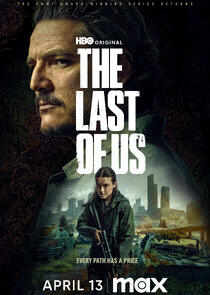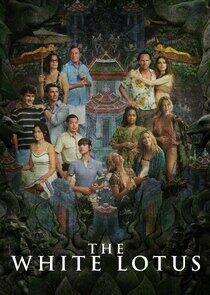Eating History: Italy - Season 1

Season 1

Episodes

What the Romans ate
Rome was not built in a day but it certainly was ruled by food! In this episode, John Dickie reveals how grain shortages had emperors shaking in their sandals, and how they fed their fearsome army. John discovers what ancient Roman wine tasted like and how inbetween the battles in the Colosseum, the cadets cooked their lunch. Together with an Italian athlete, John subjects himself to the diet of the gladiators who far from eating a diet rich in protein like modern athletes, managed to survive their long training hours and battle in the arena on a diet of grain, washed down with a "sports drink" of vinegar and ash.

Holy food
John Dickie explores how Catholicism has played an extraordinary central role in the Italian diet, with meat and fish playing musical chairs on Italian tables. He spends some time looking at the diet of popes through the ages and some more interesting quirks along the way. We will reveal how the rules that dictated the Christian diet were broken, how desperate meat eaters considered goose to be fish because they spent so much time in the water and what is the bedrock of Roman cooking today.

Power lunch
John Dickie takes us into the corridors of power in Italy to show how the mighty ate. He will reveal how Charles V used food to display his power and his lasting legacy on Italian food and how Napoleon's victory at Marengo led to the now famous chicken recipe. John will reveal how the men who unified Italy were eating French food, why Mussolini put the country on a diet of bread and rice and how Berlusconi served the leaders of the 2001 G8 summit a sumptuous feast, whilst Genoa was raided.

The private life of pasta
In this episode, we reveal that Marco Polo did not bring spaghetti back from China and that the Arabs brought it with them when they invaded Sicily in the late 12th century. John Dickie takes us to a pasta factory and learns how to operate an antique screw press to make pasta by hand. He shows how a King's bad manners may have led to the invention of a four-pronged fork. He also exposes the role played by pasta in politics, from the 18th century when it could be used to quiet an unruly mob to the mid 20th, when politicians would buy votes in Naples.

Hunger games
Italy, the land of plenty, has over the centuries often run on empty. But the very hunger that killed thousands and the disease that accompanied extreme poverty and despair have also given rise to extraordinary resourcefulness and the invention of the world's favourite food, pizza. In this episode, John Dickie reveals how the rulers of Italy's centres of power distracted the mob from its hunger by staging extraordinarily cruel food games and how pizza, born in the cholera ridden slums of Naples, was almost consigned to the garbage bin of history. Surveys reveal that the poorer segments of Italian society spend less than 3 euros per person per meal. Together with Bruno Barbieri, a leading Italian chef and host of Italy's Master Chef, John investigates whether eating well is still the reserve of the middle and upper classes of a country that has known more that its fair share of hunger.

Viva l'Italia
Italian food's conquest of the world is today almost complete and it is now considered the world's best cuisine. But it was not always like that. John tells the story of a remarkable transformation. In this episode, Johns subjects a group of modern tourist to the food served to 19th-century tourists on their grand tour of Europe. He walks in the footsteps the unlikely father of Italian Food, Pellegrino Artusi, who through his seminal book of recipes did much more to bring Italy together than any politician had until then and, some might argue, since. John reveals how Italian cuisine today is unpretentious, delightful and most of all, healthy! At least that is what the American Scientist Ancel Keys declared when he popularised the term "Mediterranean diet", setting Italian food on its way to conquer the world…a conquest that was completed by the incredibly talented Italian chefs who today are Italy's most important ambassadors.
Recently Updated Shows
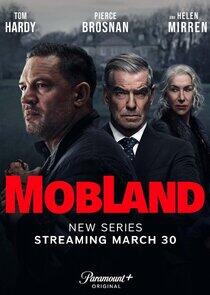
MobLand
With the most powerful clients in Europe, MobLand will see family fortunes and reputations at risk, odd alliances unfold, and betrayal around every corner; and while the family might be London's most elite fixers today, the nature of their business means there is no guarantee what's in store tomorrow.
MobLand follows two generations of gangsters, the businesses they run, the complex relationships they weave and the man they call upon to fix their problem.
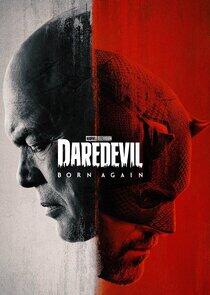
Daredevil: Born Again
Matt Murdock finds himself on a collision course with Wilson Fisk when their past identities begin to emerge.
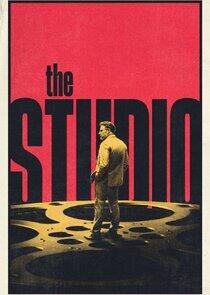
The Studio
As movies struggle to stay alive and relevant, Matt and his core team of infighting executives battle their own insecurities as they wrangle narcissistic artists and craven corporate overlords in the ever-elusive pursuit of making great films. With their power suits masking their never-ending sense of panic, every party, set visit, casting decision, marketing meeting, and award show presents them with an opportunity for glittering success or career-ending catastrophe. As someone who eats, sleeps, and breathes movies, it's the job Matt's been pursuing his whole life, and it may very well destroy him.
